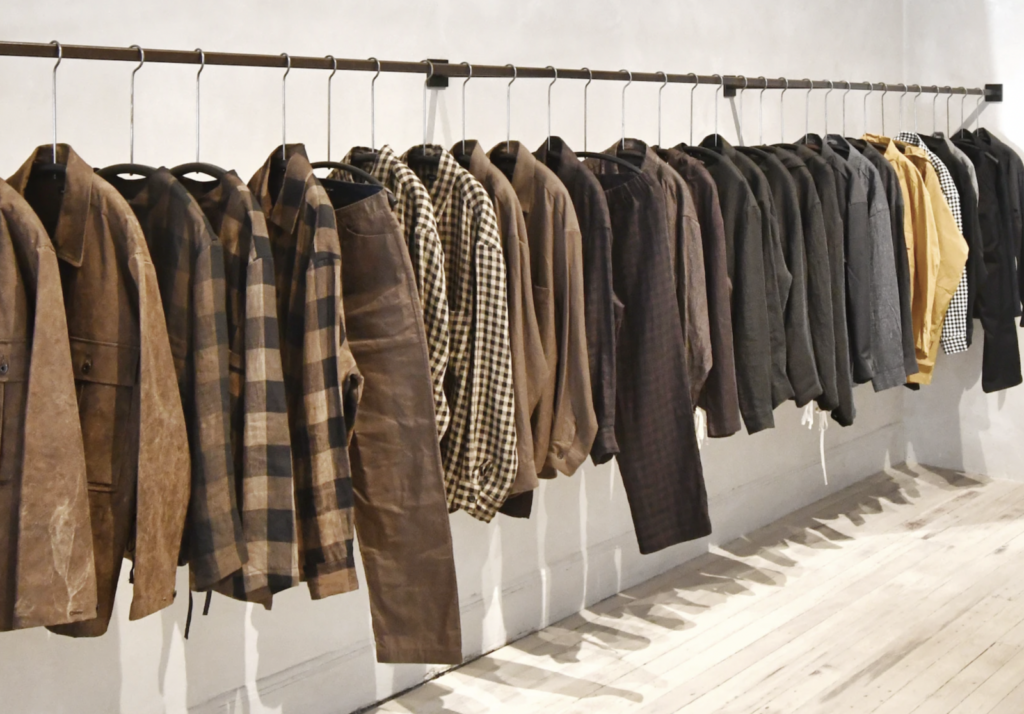

September 1, 2023 - By TFL

The Federal Trade Commission (“FTC”) has reached a conclusion in its case against a group of clothing and accessories companies over marketing that touted their wares are Made in the USA. The consumer protection regulator confirmed this week that it has finalized an order against Massachusetts- and New Hampshire-based companies Chaucer Accessories, Bates Accessories, and Bates Retail Group, along with their owner, Thomas Bates, for falsely claiming that certain company products were manufactured in the U.S. in violation of the Federal Trade Commission Act, which prohibits entities from making false or misleading claims that a product is of U.S. origin.
The FTC first announced its complaint early this summer, accusing Bates and the companies of engaging in unfair or deceptive actions or practices under Section 5 of the FTC Act by “frequently advertis[ing] their products as being ‘Made in USA’ or ‘Hand Crafted in USA’ in their marketing and sales materials” – when no USA manufacturing was actually involved. In particular, the FTC claimed that the companies ran online advertisements – on their own websites and websites of others – and marketed their products in catalogs by way of language that either stated or implied that their products were all or virtually all made in the U.S.
At the same time, the regulator charged the companies with representing to wholesale customers that their private-label belts and accessories were made in the U.S. and provided those trade customers with labeling and promotional materials featuring U.S.-origin claims for use in the marketing and sale of the products when they contained significant imported content.
After first announcing an order against Bates and his companies in June 2023, the FTC finalized that order this week, thereby, requiring them to refrain from making deceptive claims about products being “Made in USA.” In addition to requiring Bates and the companies to collectively pay a monetary judgment of $191,481, the August 29 order provides for …
Restrictions on unqualified claims: The companies and Bates will be prohibited from making unqualified U.S.-origin claims for any product, unless they can show that the product’s final assembly or processing – and all significant processing – takes place in the U.S., and that all or virtually all ingredients or components of the product are made and sourced in the U.S.
Requirements for qualified claims: The companies and Bates are required to include in any qualifiedMade in USA claims a clear and conspicuous disclosure about the extent to which the product contains foreign parts, ingredients or components, or processing; and
Requirements for assembly claims: The companies and Bates must also ensure, when claiming a product is assembled in the U.S., that it is last substantially transformed in the U.S., its principal assembly takes place in the U.S., and U.S. assembly operations are substantial.
In a statement in June, Samuel Levine, Director of the FTC’s Bureau of Consumer Protection, said, “‘Made in USA’ means what it says. Falsely labeling products as ‘Made in USA’ hurts consumers and competition, and the FTC will continue to aggressively enforce the law to stop deceptive claims and hold violators accountable.”
The finalized order comes as the FTC continues to take a tough enforcement stance with regard to deceptive or misleading Made in USA claims. Such enforcement stems not only from the agency’s Made in USA Labeling Rule – which centers on labels on products that make unqualified USA-made claims – but as this case indicates, the FTC will enforce deceptive or misleading Made in USA marketing that goes beyond product labels. “This may include Made in USA claims on websites, social media, or in print advertising that is not product-specific,” McGuireWoods LLP’s Wrede Smith III and Kali Yallourakis stated in a note. At the same time, “it also may include qualified Made in USA claims on product labels,” which means that companies must be careful anytime they make a Made in USA claim “regardless of the context.”
Reflecting on the FTC’s enforcement action against Chaucer Accessories, Bates Accessories, and Bates Retail Group, and their owner, Frankfurt Kurnit’s Jeff Greenbaum set out an array of important takeaways for all marketers who are making USA-made claims related to their products, stating that, among other things, the FTC is “continuing to more aggressively seek damages from advertisers that do not follow the law,” and thus, companies should “expect that there are going to be fewer cases where all that the FTC wants from the advertiser is that it promises not to do it again.”
The pool of parties that the agency is targeting is also expanding: The FTC “did not just sue the advertiser here, but sued the owner and president, as well, [which] should serve as yet another warning to corporate executives that the FTC may, in appropriate circumstances, hold them responsible for false advertising by the companies they work for.” Finally, he urged companies/marketers not to ignore the fact that “the FTC required the defendants [here] to notify all of their affected customers that they had engaged in false advertising, which is probably not the best way to build customer trust.” This is not the first time that the FTC has done this recently, and thus, companies “should expect to see this requirement in more orders in the future.”